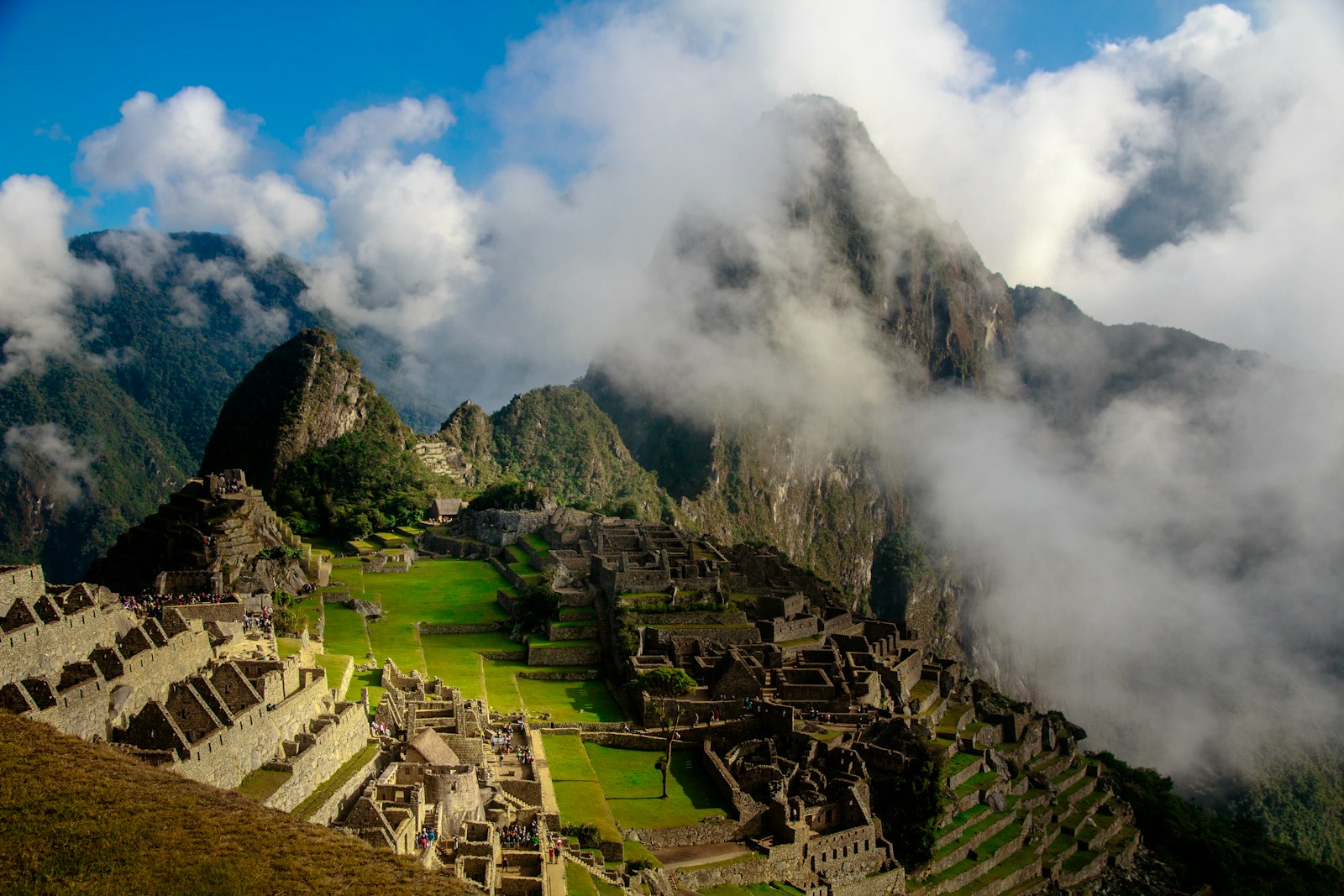Key Takeaways:
– Alberto Fujimori, former president of Peru, died at the age of 86.
– Despite serving prison time for corruption and causing the death of 25 people, he was pardoned in December.
– His daughter, Keiko Fujimori, declared that he was set to run for presidency for the fourth time in 2026.
– Fujimori was remembered for his radical but effective efforts in stabilizing Peru’s economy and suppressing a violent insurgency.
– His leadership, however, ended in scandal and disgrace prompting him to leave the country.
The Fall and Rise of Alberto Fujimori
Alberto Fujimori, who previously held the reins as Peru’s president from 1990 to 2000, has died at 86. His death was announced by his daughter, Keiko Fujimori, who delivered the saddening news through a social media post from Lima, Peru’s capital city.
Rising from Obscurity
Before his leadership days, he served as a mathematics professor and was president of a university. Fujimori captivated the nation when he surfaced from obscurity, winning against writer Mario Vargas Llosa in the 1990 election. Renowned for his daring decisions, he gained mass admiration and criticism alike throughout his political career.
Peru’s Economic Stabilizer and Rebellion Quasher
When Fujimori took office as president, Peru was in chaos, with rampant inflation and guerrilla violence. His urgent actions such as state industry privatizations showed significant improvement in the troubled economy. Furthermore, he triumphed in squashing the Shining Path rebellion, earning him widespread support.
However, his presidency took a drastic turn when he controversially pushed for a third term, dismissing Congress in the process. Scandal soon erupted in 2000 after leaked videos exhibited his spy chief, Vladimiro Montesinos, bribing legislators.
Exile, Arrest, and Trial
Fujimori was left with little choice but to flee to Japan, his ancestral home, after the scandal. Remarkably, he faxed his resignation from abroad. He strived to regain political influence after his return to Peru in 2005. Unlike what he had planned, he ended up in court, grappling with abuse of power charges.
Fujimori now holds the dubious honor of being the first former president globally convicted in his homeland for violating human rights. Although it was never proven that he personally orchestrated the killings, his government was held accountable.
Despite the 25-year jail sentence, Fujimori continued his quest for political restoration from a police academy prison on Lima’s outskirts. His daughter, also a congresswoman, attempted twice unsuccessfully to secure presidency in 2011 and 2016 promising to release her father from prison.
Authoritarian Legacy
Fujimori’s regime was an unabashed display of authoritarianism, darkening Peru’s shaky transition towards democracy. Labelled as “caudillismo” locally, his ruling style clashed with the region’s progressive move away from dictatorship.
Fujimori’s Impact on Peru
Born on July 28, 1938, Fujimori significantly impacted Peru despite his controversial reign. He championed economic reform which essentially stabilized the country’s economy. His aggressive but successful campaign against the Shining Path guerrillas made him a kind of a national hero.
Unfortunately, his taste for power grew, leading him to resort to tactics that undermined democracy. His decision to shut down Congress and the courts raised international condemnation, forcing him to call for assembly elections.
In the end, Fujimori would be remembered as a complex leader who initially pulled Peru from the brink of collapse only to later plunge it into an era of political controversies and human rights abuses.
(Source: CBS News)
[Remaining word count: 345 words]
